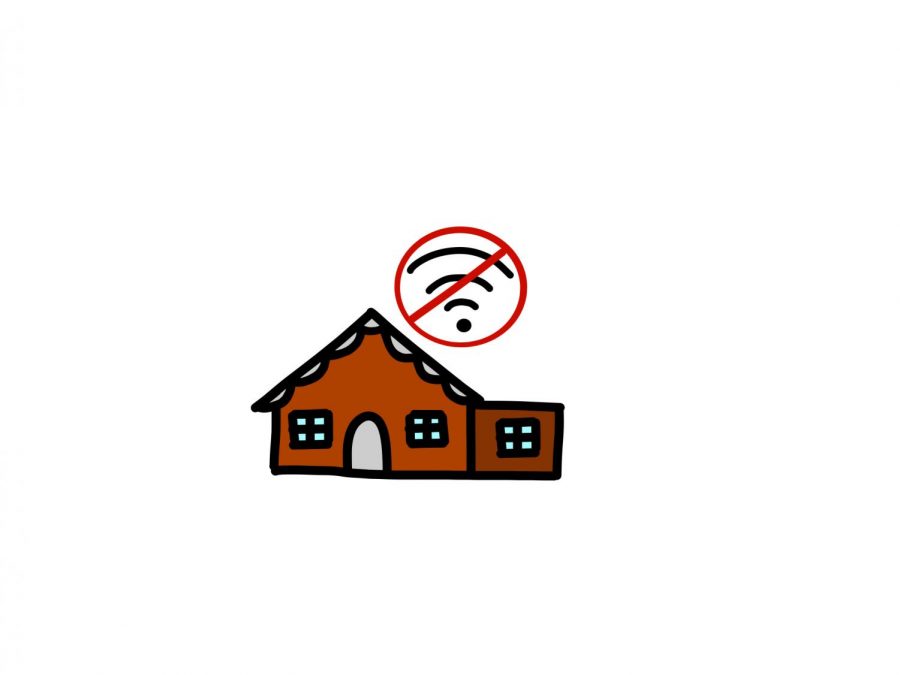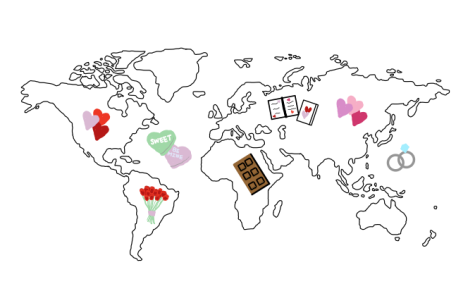Education in Africa suffers due to COVID-19
E-learning, the ubiquitous “normal” across the United States, is a coveted privilege for children living in less-developed countries. Fortunately, with high-speed internet access and expensive infrastructure, business and education proceed with minor problems in America. On the contrary, COVID-19 has exposed the digital divide between Africa and developed areas of the world. To minimize spread of the virus by staying home, the lack of internet access hindered the work that can be done during lockdown in Africa.
According to the World Bank, only one-third of Nigeria’s primary and secondary students were able to engage in any form of virtual education during the lockdown. Students used radio and television programs to supplement their traditional classroom learning.
“Despite some initial challenges, I have found technology access to be a significant blessing in the transition to e-learning,” said senior Anne Sheriff, “I have been able to continue my education in a fluid and successful way”. In the United States, virtual education occurs across the country, resulting in a projected $350 Billion online education market by 2025.
Another striking disparity found as a result of the digital divide is e-commerce. In Africa, 90% of retail transactions are paid in cash, according to Africa Business Magazine. Digital businesses like Uber struggle to adapt to functioning in cash-dominated areas. Even though less than 10% of the adult population in Africa has access to credit cards, other offline mobile payment systems such as M-Pesa are substitutes for cash. Most developed countries, like China and the United States, have instituted payment systems that are dominated by internet platforms. Facebook intends to launch a blockchain-based digital currency, called Libra, that would extend to 3 billion users mostly in the developing world. However, this creates concerns on the overdependence of developing countries on foreign firms. Even so, lack of infrastructure and resources limits the possibility of domestic innovations.
“Ensuring high-speed connectivity and adequate data hosting in Africa would be a huge priority that would impact hundreds of industries big and small,” said Human Geography teacher Mr. Cory Jensen, “A good example of this would be digital bank accounts and microcredit in India, but improvements in devices and internet access preceded these new developments in mobile banking”. Africa can continue development without advanced infrastructure as long as the possibility of high-speed internet remains.
COVID-19 has brought to light the struggles that the digital divide has imposed on less-developed countries. However, more and more foreign entities have been inspired by these disparities and are willing to contribute resources to aid in Africa’s development. By keeping people apart, COVID-19 has encouraged people to work together and create an adaptable and collaborative world.
Your donation will support the student journalists of Saint Viator High School. Your contribution will allow us to purchase equipment and cover our annual website hosting costs.








